HPC Adds Extra Dimension To The Search For Extraterrestrial Life
The SES consortium’s Emerald supercomputer is providing UCL astrophysicists with the computing firepower they need to help pinpoint exoplanets capable of supporting alien lifeforms.
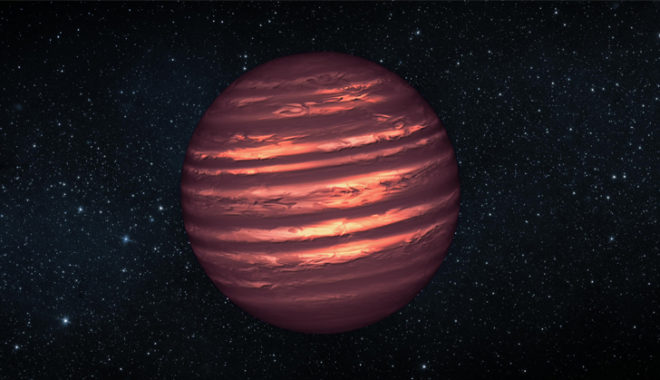
The SES consortium’s Emerald supercomputer is providing UCL astrophysicists with the computing firepower they need to help pinpoint exoplanets capable of supporting alien lifeforms.
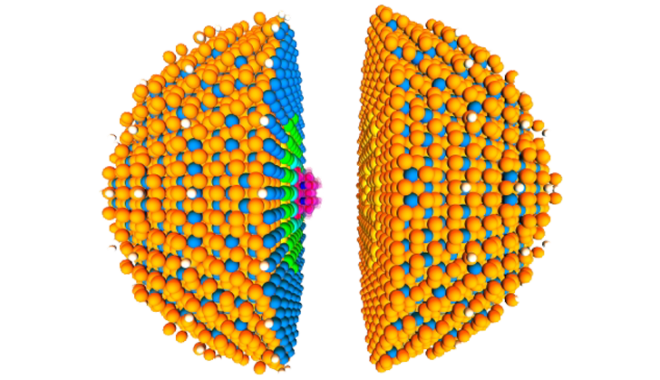
Iridis distributed memory computing cluster can handle the vast calculations needed to develop new methodologies in scientific research, including chemistry.
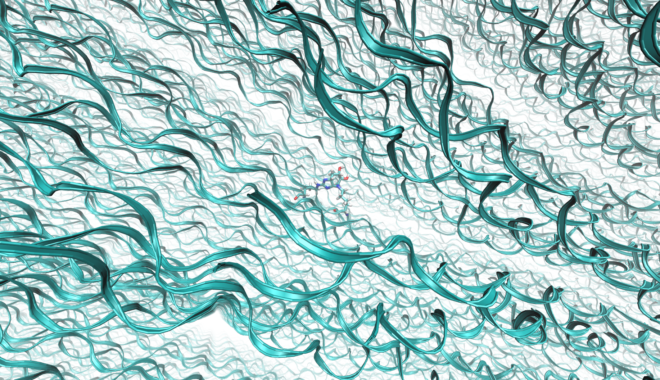
By 2024, it’s estimated that over half of the population of the UK will be over 50 years old. That statistic has implications both for …

Choosing the right drug for a patient with cancer is a complicated challenge. There is such a wide range of options, and it can be …
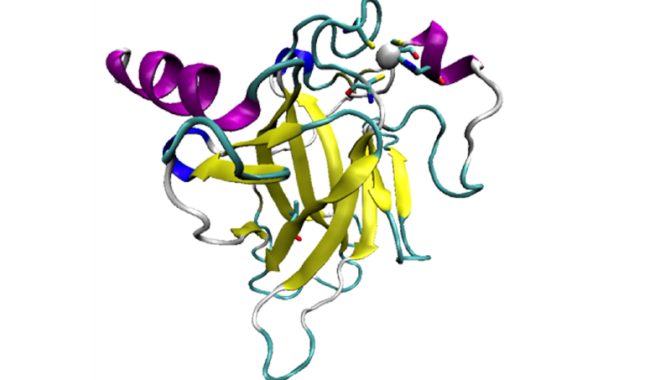
The p53 tumour suppressor protein, when it works properly, helps to prevent cancer. It does so by inducing the arrest of the cell cycle, by …
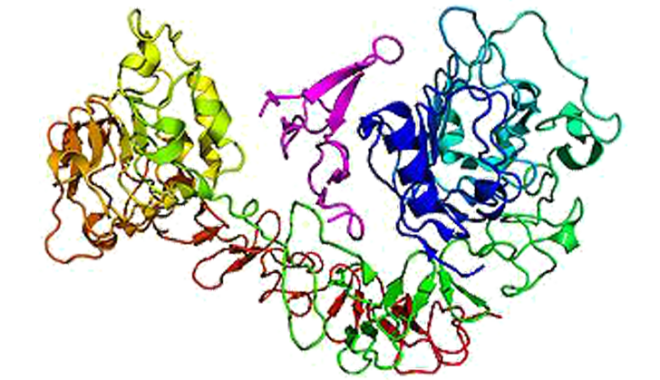
Professor Francesco Gervasio of UCL’s Department of Chemistry used the Emerald supercomputer to simulate the effect of gene mutations linked to the spread of cancer. His research …
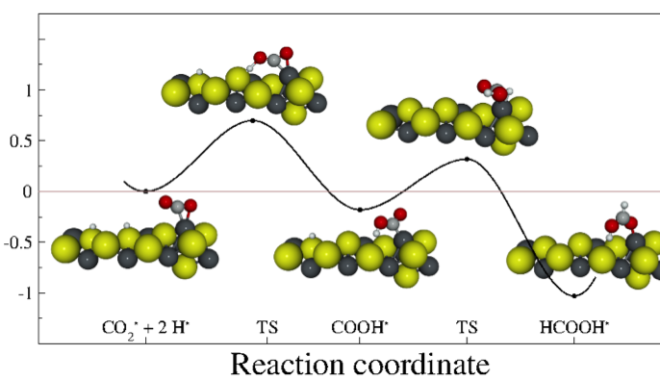
Researchers at UCL are using a range of sophisticated computational tools to simulate and predict the chemical processes that take place at the surfaces of metal and other material surfaces.
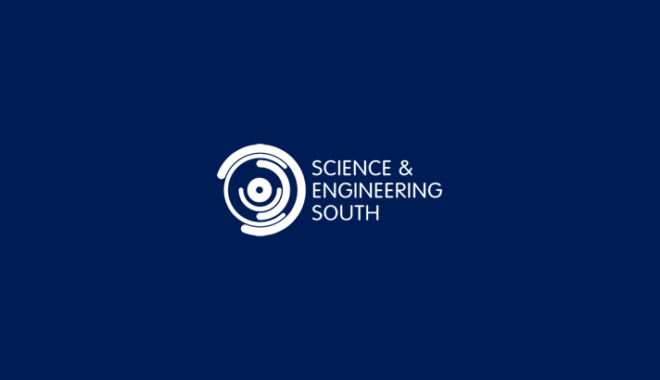
UCL’s membership of the Science & Engineering South (SES) Consortium is allowing researchers to work with with GPU specialists in Oxford to greatly improve the performance of a tsunami simulation code.